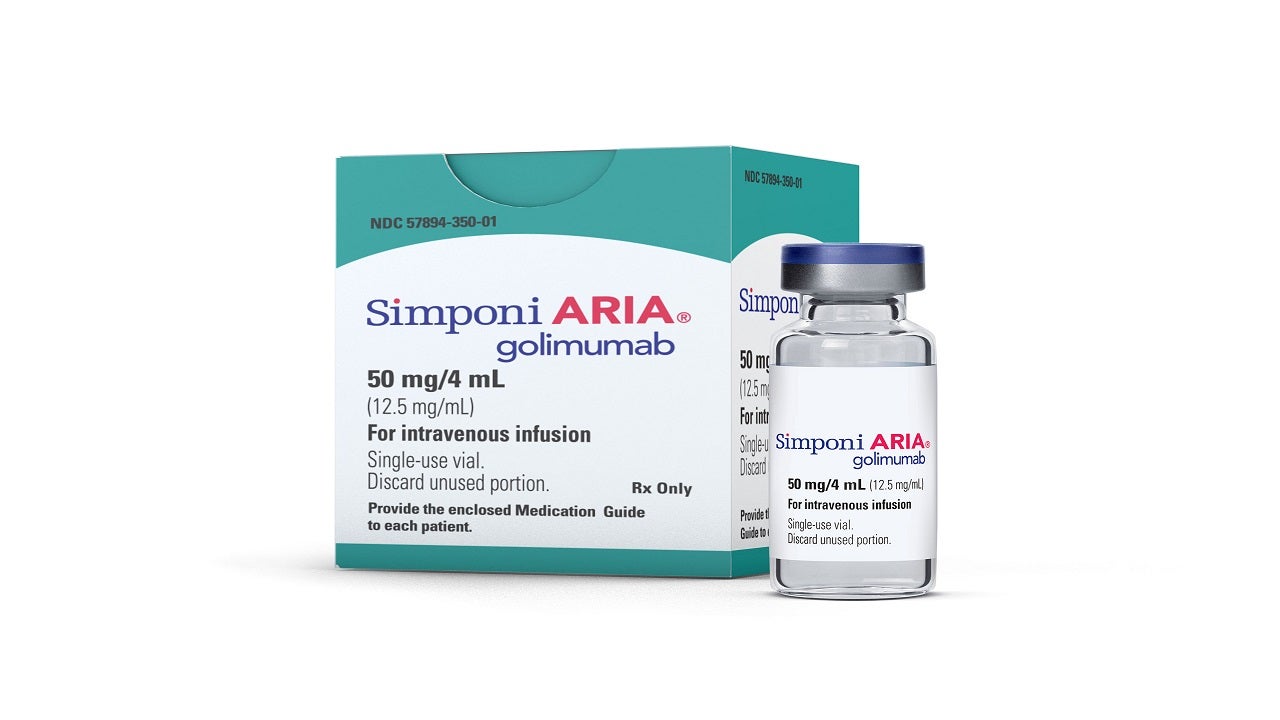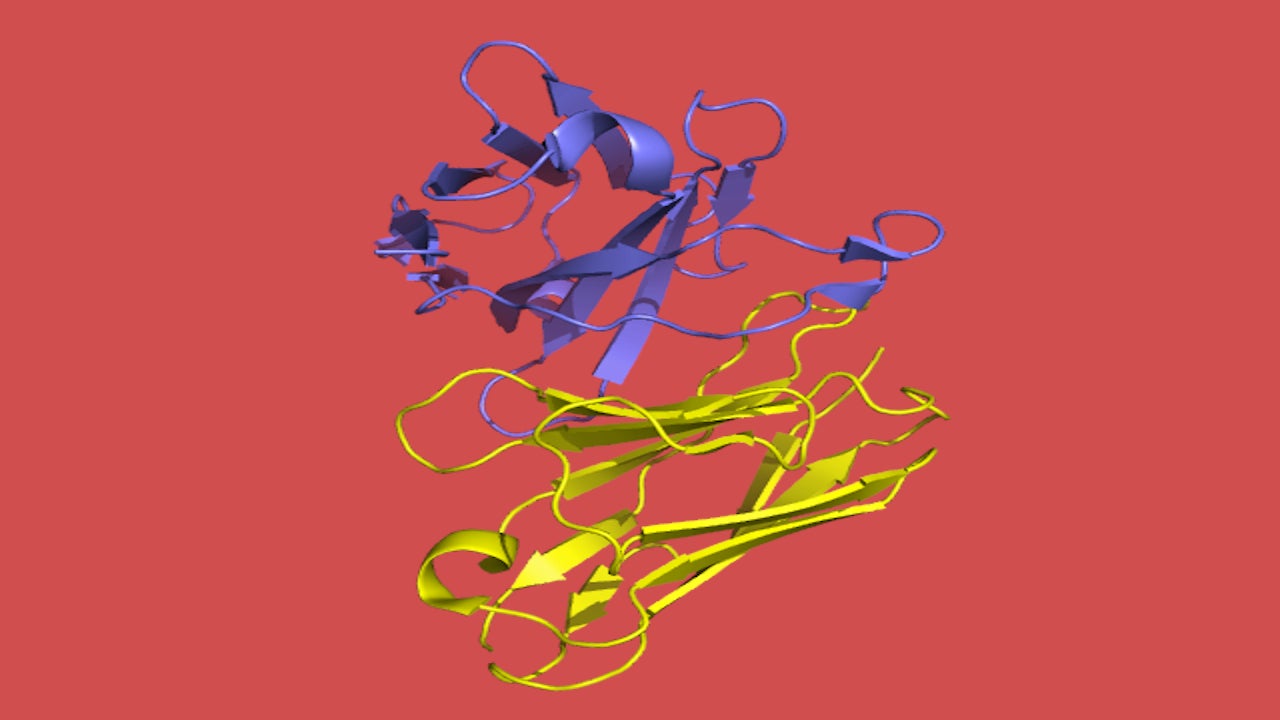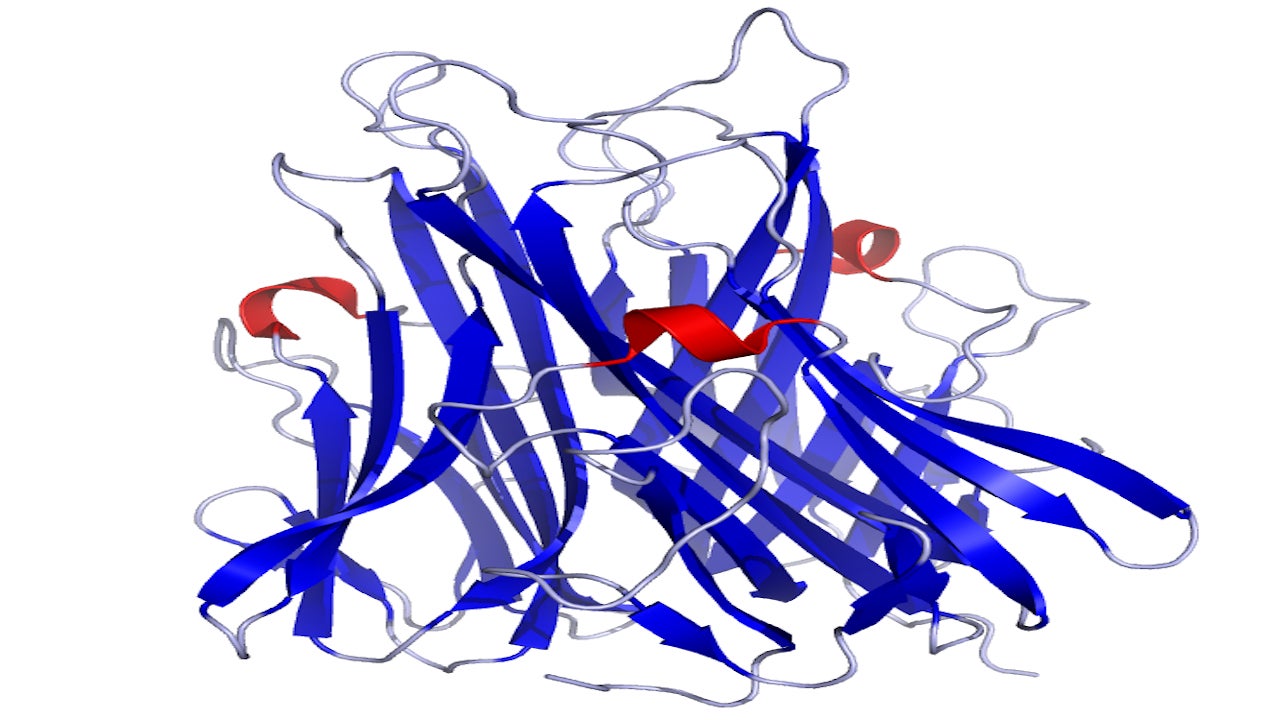SIMPONI ARIA® (golimumab) is a fully human anti-tumour necrosis factor (TNF) alpha monoclonal antibody.
It is indicated for the treatment of moderate-to-severe active rheumatoid arthritis (RA) and active ankylosing spondylitis (AS) in adult patients, as well as active polyarticular juvenile idiopathic arthritis (pJIA) and active psoriatic arthritis (PsA) in patients aged two years and older.
SIMPONI ARIA is available in a single-use vial as a colourless to a light-yellow solution in 50mg / 4ml (12.5mg / ml) dosage strength for intravenous administration.
SIMPONI ARIA approvals
Discovered and developed by Janssen Biotech, golimumab was initially approved as a subcutaneous injection under the trade name Simponi™ by the US Food and Drug Administration (FDA) for the treatment of RA, PsA and AS in adult patients in 2009.
SIMPONI was approved in Europe for the treatment of moderate-to-severe RA, active and progressive PsA, severe, active AS, active ulcerative colitis, severe active non-radiographic axial spondyloarthritis and pJIA.
In July 2013, the intravenous form of golimumab obtained FDA approval under the trade name Simponi Aria for the treatment of moderate-to-severe active RA in combination with methotrexate (MTX).
The company submitted two supplemental biologics license applications (sBLAs) for Simponi Aria to the FDA for the treatment of PsA and AS in adult patients in December 2016. The applications were approved in October 2017.
The FDA also received two sBLAs for Simponi Aria for the treatment of active pJIA and PsA in paediatric patients in April 2020. The drug was approved for the indications in September 2020.
SIMPONI ARIA is marketed in 24 countries for one or more of the aforementioned indications.
Polyarticular juvenile idiopathic arthritis (pJIA) and psoriatic arthritis (PsA) causes and symptoms
Juvenile idiopathic arthritis (JIA), previously known as juvenile rheumatoid arthritis, is an arthritis-like inflammatory condition in children characterised by joint swelling, stiffness and pain, persistent for at least six weeks.
The polyarticular form of JIA is most common and is characterised by inflammation in more than four joints, closely resembling adult RA.
PsA is a chronic inflammatory disease characterised by both joint inflammation and skin lesions associated with psoriasis. PsA in paediatric patients is one of the rarest forms of JIA, observed in 2% to 11% of JIA patients.
Other characteristics of psoriatic arthritis include finger and nail defects or complications with the eye.
Golimumab mechanism of action
Golimumab is an anti-TNF biologic agent that binds to soluble and transmembrane bioactive forms of human TNF-alpha, a cytokine protein whose overproduction in the body leads to several chronic inflammatory diseases.
Inhibition of the interaction of TNF-alpha to its receptors inhibits its biological activity.
Clinical trials on SIMPONI ARIA
FDA approval of SIMPONI ARIA for pJIA is based on results from the open-label, multi-centre, phase three clinical trial, GO-VIVA.
The trial evaluated the safety and efficacy of SIMPONI ARIA in 127 patients with pJIA aged two years to 17 years, following MTX treatment for at least two months.
The efficacy of the drug was consistent with responses in adult patients with RA through 52 weeks.
SIMPONI ARIA’s pharmacokinetic (PK) exposure was consistent with the two pivotal phase three clinical trials in adult patients with moderate-to-severe active RA and active PsA.
The safety profile established for SIMPONI ARIA in paediatric patients was also consistent with the results in adult RA and PsA patients.
Common side-effects of SIMPONI ARIA reported in patients during the clinical trial are viral infections, upper respiratory tract infection, increased levels of alanine aminotransferase and aspartate aminotransferase, decreased neutrophil count, rash, bronchitis and high blood pressure.





